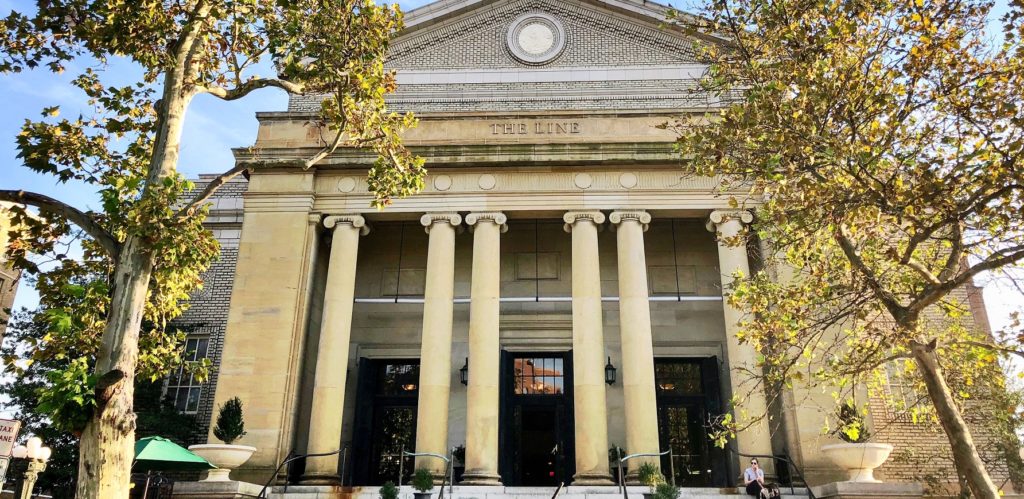
It’s common sense: when DC offers tax cuts to companies, we should get something in return, like good jobs for DC residents. That’s why the District is right to withhold the generous tax abatement it offered the Line Hotel almost 10 years ago—because the hotel hasn’t lived up to its commitment that a large share of construction and permanent jobs would go to DC residents. Holding the Line Hotel accountable sends the message that the District will not offer money for nothing when it comes to economic development.
The Line Hotel Promised a Lot but Did Not Deliver
When the Line Hotel was just an idea in 2010, developer Brian Friedman testified before the DC Council that it should get a $61 million tax break because, according to him, “There’s always a subsidy” for DC hotels. After a lot of pushback, the developer offered to make the Line Hotel a model of responsible economic development, promising that a majority of construction jobs and permanent jobs in the hotel would go to DC residents, that all apprenticeships would be for DC residents, and that it would fund a community center and job training program in Ward 1. With that, the project and tax abatement (reduced to $46 million) earned the support of area residents and the DC Council.
However, the hotel developer did not did not produce jobs for DC residents as promised, failing to fully live up to the hiring commitments. Despite this clear failure, the hotel developers still believe they should receive the full tax abatement, and the Bowser Administration proposed only a slight penalty. However, Attorney General Karl Racine issued an opinion that the Mayor doesn’t have the authority to offer the tax abatement —instead, the Line Hotel must be held accountable for delivering on its promises. And, the DC Council used the fiscal year (FY) 2020 budget to redirect that year’s portion of the reclaimed tax abatement to public housing repairs.
“Clawbacks” for Economic Development Subsidies Are Fair and Responsible
Not only was the Attorney General’s opinion correct legal interpretation, it was the right policy decision. A corporate tax abatement tied to meeting job creation and resident hiring goals is essentially a contract. And if a business does not live up to a contractual obligation, it shouldn’t get paid.
This is important not only for the Line Hotel but for any future economic development subsidies. Clawbacks help ensure that a business that asks for special tax treatment—paying less than other businesses—offers something in return and actually delivers what it promises. Allowing a tax break when contractual conditions are not met sends a message of favoritism and that businesses don’t have to really comply with their side of the bargain.
It would have been great if the Line Hotel had delivered all it promised. It would have earned its tax abatement and benefitted the community. But because it did not, it hasn’t earned what the District offered in exchange.
